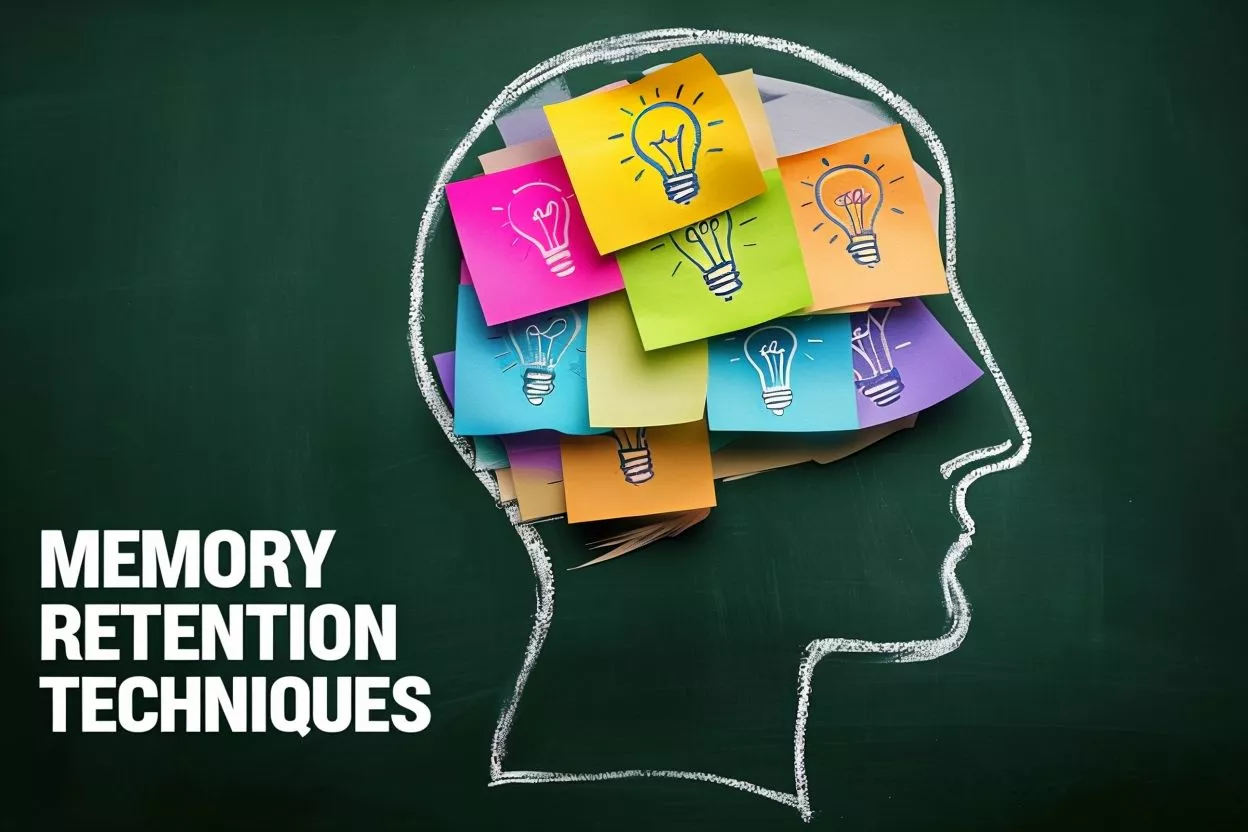 Education
Education
 Performing Arts
Performing Arts
 Equipment
Equipment
 Marketing
Marketing
 IT and Programming
IT and Programming
 Graphics Design
Graphics Design
 Writing
Writing
 Culinary Arts
Culinary Arts
 Beauty
Beauty
 Sports
Sports
 Decor
Decor
 Business
Business
 English
English

In today’s fast-paced world, effective learning isn’t just about spending hours with books or online resources. It’s about understanding how the brain works and using proven strategies to enhance memory and retention. At TutorsFlex, we’re passionate about empowering learners with the tools and techniques they need to succeed. This article dives into the science behind learning and shares practical hacks to optimize your study sessions.
Memory is the foundation of learning. It can be divided into three stages: encoding, storage, and retrieval. Encoding involves processing information so it can be stored in the brain. Storage refers to retaining this information over time, while retrieval is the ability to access stored information when needed.
Understanding these stages helps us focus on techniques that improve each phase of memory. For example, strategies like chunking (breaking information into smaller pieces) and mnemonics (memory aids) can enhance encoding, while regular review and active recall improve retrieval.
One of the most effective ways to improve long-term retention is through spaced repetition. This technique involves revisiting information at increasing intervals over time. Studies show that spacing out study sessions strengthens neural connections, making it easier to recall information later. Tools like flashcards or spaced repetition apps can help implement this strategy.
Active recall is the process of actively retrieving information from memory rather than passively rereading notes. Quizzing yourself, summarizing material without looking, or teaching someone else are powerful ways to solidify learning. These techniques force the brain to work harder, strengthening memory pathways.
Engaging multiple senses during learning can enhance memory. For instance, combining visual aids, such as diagrams or mind maps, with auditory tools like recorded lectures or songs can make information more memorable. Multisensory approaches create stronger associations in the brain, boosting retention.
Sleep plays a critical role in memory consolidation, the process where short-term memories are transformed into long-term ones. Research indicates that getting adequate sleep after learning something new significantly improves retention. Aim for 7-9 hours of quality sleep each night and avoid cramming late at night.
Regular exercise doesn’t just benefit the body; it also enhances cognitive functions. Physical activity increases blood flow to the brain and promotes the release of chemicals that support neuroplasticity, the brain’s ability to adapt and learn. Even a 20-minute walk can improve focus and memory.
Chunking is a simple yet powerful technique for managing large amounts of information. By grouping related pieces of information together, learners can reduce cognitive overload and improve recall. For example, instead of memorizing a long string of numbers, break them into smaller groups, like a phone number.
Visualization involves creating mental images to represent information. This technique works particularly well for subjects that rely on spatial or conceptual understanding. For example, visualizing historical events on a timeline or picturing the steps of a scientific process can aid comprehension and recall.
Named after physicist Richard Feynman, this technique involves simplifying complex ideas by explaining them as if to a child. Breaking down concepts into simpler terms forces you to understand the material deeply, exposing gaps in knowledge and reinforcing learning.
Your attitude toward learning significantly impacts memory and retention. Cultivating a growth mindset, the belief that abilities can be developed through effort, encourages persistence and resilience. Additionally, managing stress is crucial, as chronic stress can impair cognitive function and memory.
At TutorsFlex, we understand the importance of personalized learning. Our tutors are trained to incorporate evidence-based strategies like active recall, spaced repetition, and visualization into their teaching methods. Whether you’re preparing for exams or mastering new skills, we tailor our approach to match your unique learning style, ensuring you achieve your goals efficiently.
Our platform also offers interactive tools, including digital flashcards, practice quizzes, and virtual whiteboards, to enhance your study experience. With TutorsFlex, you’re not just learning; you’re learning smarter.
Learning isn’t just about hard work; it’s about working smart. By leveraging the science of learning and implementing proven techniques like spaced repetition, active recall, and visualization, you can boost your memory and retention. Combine these strategies with a positive mindset, quality sleep, and regular physical activity, and you’ll be on your way to academic success.
Ready to take your learning to the next level? Join TutorsFlex today and discover how our innovative approach can transform your educational journey.